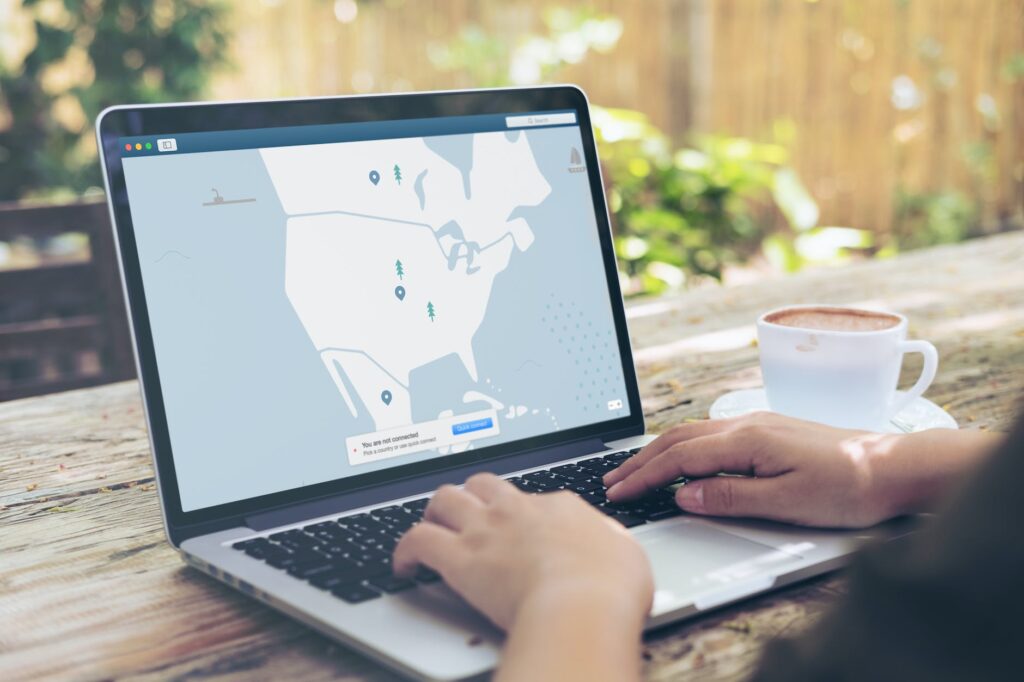Why VPNs Are Essential for Safeguarding Online Privacy in 2024
In today’s digital age, protecting personal information online is more critical than ever. With an increasing number of cyber threats, data breaches, and invasive tracking practices, virtual private networks (VPNs) have emerged as indispensable tools for ensuring online privacy. This article will delve into why VPNs are vital for maintaining privacy on the internet and how they can help protect your digital footprint in 2024.
Understanding VPNs and Their Role
A Virtual Private Network (VPN) encrypts internet traffic, masking the user’s IP address, and enabling secure communications over the internet. This protects users from cybercriminals, unwarranted surveillance, and unauthorized data collection. VPNs are instrumental in bypassing internet censorship, accessing geo-blocked content, and maintaining anonymity online.
Key Reasons to Use VPNs for Online Privacy
1. Enhanced Security on Public Wi-Fi
Public Wi-Fi networks are notorious for being targets of hackers. VPNs encrypt your data traffic, making it nearly impossible for cybercriminals to intercept sensitive information like passwords, credit card details, and personal messages.
2. Protection Against ISP Spying
Internet Service Providers (ISPs) can track your browsing history and sell that data to third parties. By using a VPN, you can shield your online activities from your ISP, ensuring that your digital activities remain private.
3. Circumventing Geographical Restrictions
Content providers often restrict access to services based on geographic location. VPNs allow you to overcome these restrictions by masking your real IP address with one from a different location, granting you access to content from all over the world.
4. Avoiding Price Discrimination
Some online retailers and service providers adjust prices based on users’ browsing profiles and locations. A VPN can help you avoid these price discriminations by allowing you to change your apparent location.
5. Secure Remote Work
As more companies adopt remote work, the need for secure communications has become paramount. VPNs provide a secure conduit for remote employees to access corporate networks, protecting sensitive business data from potential breaches.
6. Anonymous Browsing
Maintaining anonymity online has never been more important than in 2024. VPNs mask your digital identity by changing your IP address, ensuring your online transactions and interactions remain anonymous.
7. Protection from Government Surveillance
In many regions, government surveillance of internet activity is prevalent. Using a VPN encrypts your online communications, making it difficult for government entities to track and monitor your online behavior.
Recommended VPN Services
When choosing a VPN, it’s essential to consider factors like speed, security features, server availability, and user-friendliness. Here are some reputable VPN services that excel in protecting online privacy:
- NordVPN: Known for its robust security features and wide server network.
- Surfshark: Offers excellent features at an affordable price, making it ideal for budget-conscious users.
- AtlasVPN: Provides a user-friendly experience with reliable security protocols.
- PureVPN: Offers a vast array of servers worldwide, making it excellent for accessing global content.
- Windscribe: Features a strong focus on security and privacy with a user-friendly interface.
FAQs on VPNs for Online Privacy
Q1: Can a VPN make me completely anonymous online?
While a VPN enhances your privacy by masking your IP address and encrypting data, no tool can make you completely anonymous online. Practicing safe browsing habits is also essential.
Q2: Do VPNs slow down internet speed?
Some reduction in speed may occur due to encryption processes and data travel distances. However, premium VPNs like NordVPN and Surfshark often offer servers strategically located to minimize this impact.
Q3: Are free VPNs safe to use?
Generally, free VPNs can pose security risks, have limited functionality, and may sell your data. Premium VPNs provide more reliable and secure services.
Q4: Is it legal to use a VPN?
VPN usage is legal in most countries; however, certain regions may have restrictions. Always check local laws before using a VPN.
By integrating VPNs into your digital life for 2024, you not only enhance your online privacy but also ensure a safer, more secure internet experience. With the right VPN, you can protect your personal data from prying eyes, access global content, and enjoy a secure browsing environment free from unwanted surveillance and tracking.



